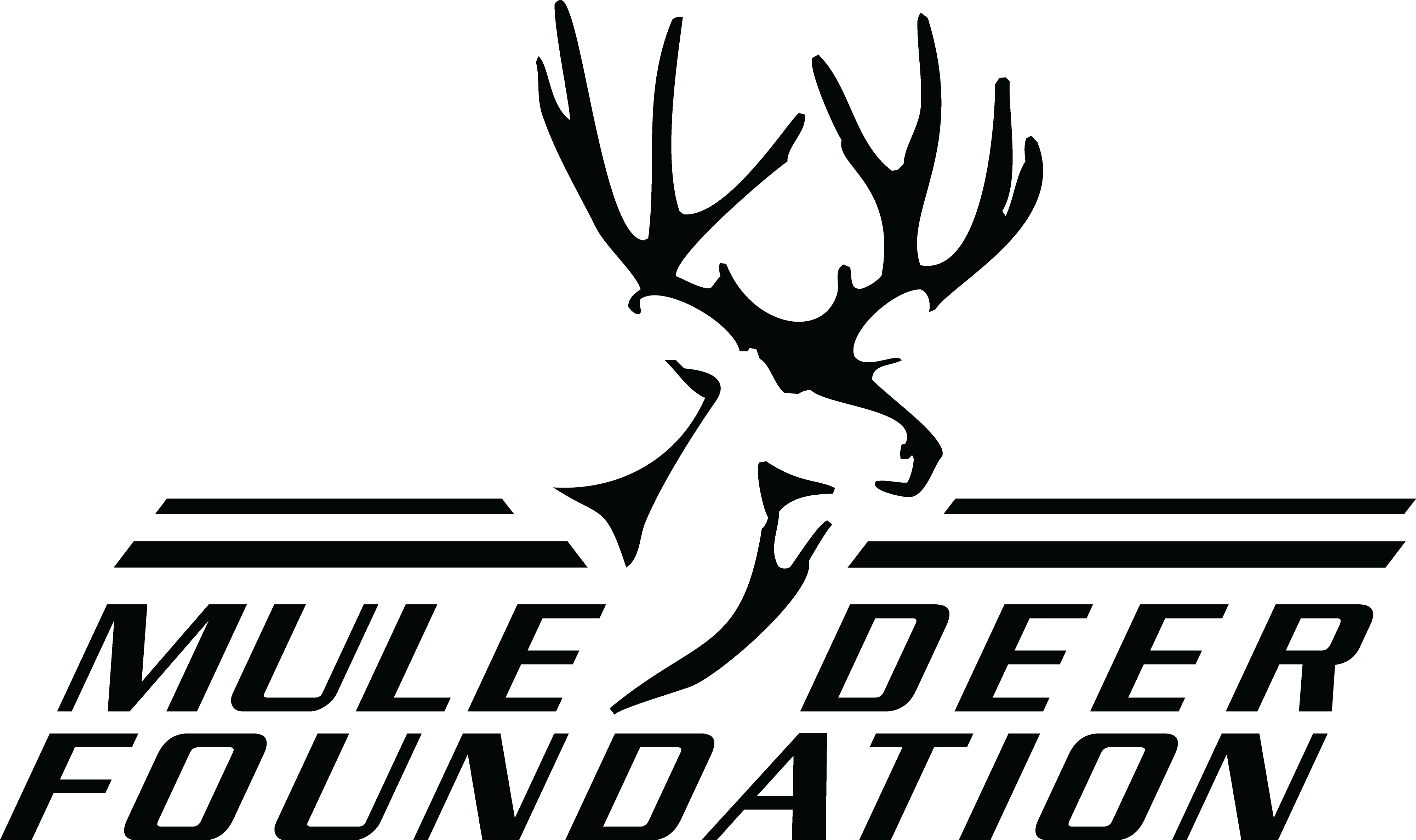Montana

When it comes to deciding what to grill for the 4th of July, it’s usually a no-brainer: burgers, brats, and dogs. Perhaps you have ground game and venison links taking up space in your freezer and the Independence Day holiday is the perfect occasion to make room for fall. But what about your guests who are tired of the same-old menu, year after year?
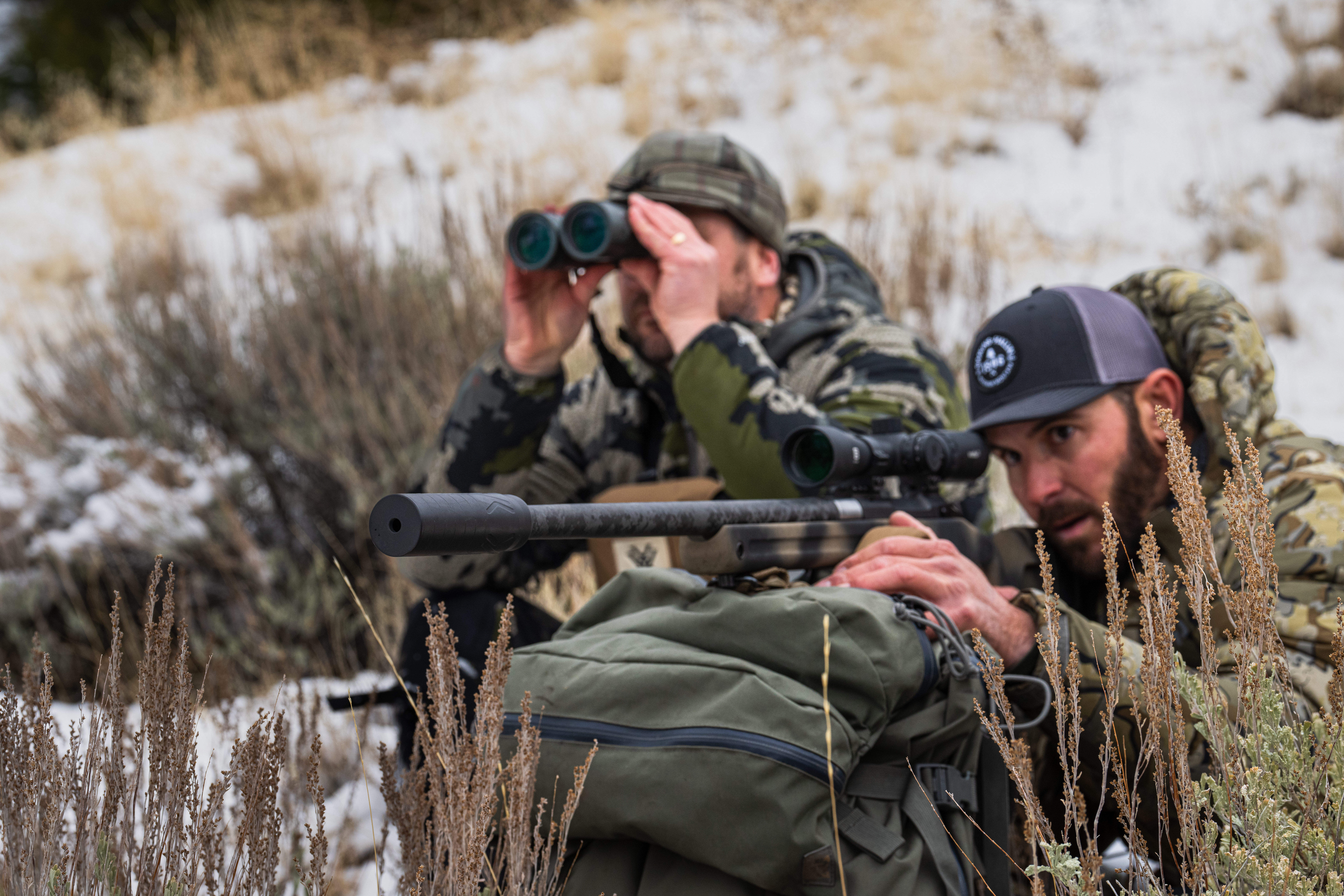
When it comes to mule deer hunting, seeing is everything. Wide open basins, high country ridge lines, and rolling sagebrush flats all share one thing in common: they make is easy for deer to disappear. Spotting a buck before he can spot you could be the difference between a punched tag and an excuse.
That’s why glassing is so important. Not just the act itself but the gear, your binoculars, spotting scopes, rifle scopes are as important as how you use them. Whether you’re just getting into the game or you’re refining advanced spotting techniques, your optics and how you use them matter.
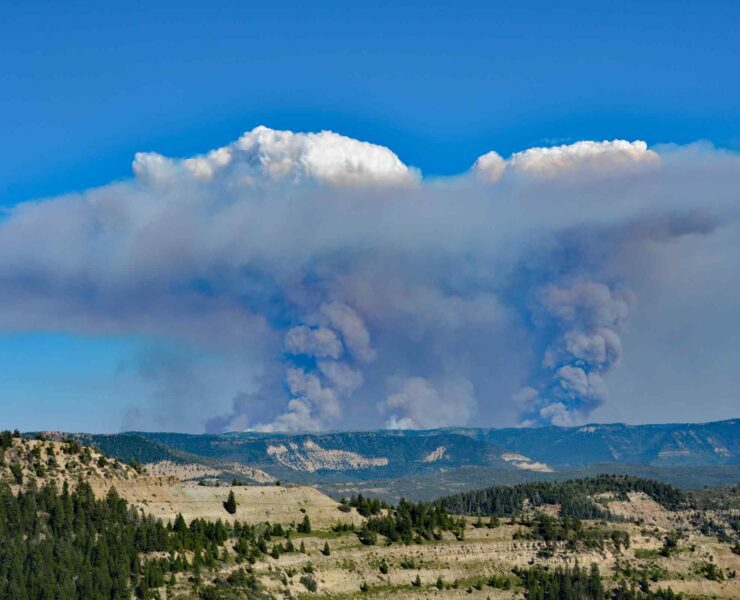
Wildfire is a powerful and often misunderstood force on the Western landscape. For mule deer, fire can be both a threat and a benefit. While flames may scorch winter range, destroy cover, and reduce food availability in the short term, fire also plays a regenerative role—creating lush, nutritious vegetation that deer depend on.
Understanding how wildfires affect mule deer habitat is critical to long-term conservation efforts. As wildfires increase in size and frequency, land managers and wildlife professionals must carefully weigh the risks and benefits to ensure mule deer populations remain healthy and resilient.

Anyone who has tried a venison and barley soup or stew knows that those two ingredients go together like peas and carrots.
Barley and venison soups and stews are a part of what gets me through the long winters up here in Canada.
When it comes to it though, despite being great, there is more to barley than just soups and stews!
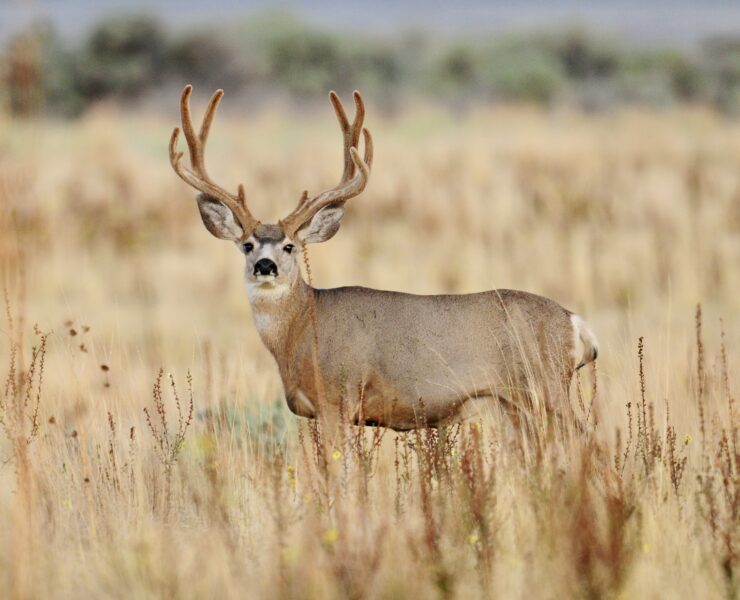
f you’ve spent any time on the eastern prairie breaks or the steep ridges of western Montana, odds are you’ve crossed paths with mule deer. They’re woven into the landscape here. To we fortunate few who have invested in this land these critters are not just as a game animal, but a part of what makes the West wild. Like a lot of things in Montana, their story is one of peaks, valleys, and a changing environment.

I was recently sitting in the backyard, enjoying a tequila cocktail my wife made that sported a Tajin rimmer (for those of you who may not know, Tajin is a versatile Mexican chili, lime, and salt seasoning blend). I quickly found that I had sipped my way around the whole glass, removing any trace of the rimmer well before the cocktail was finished.
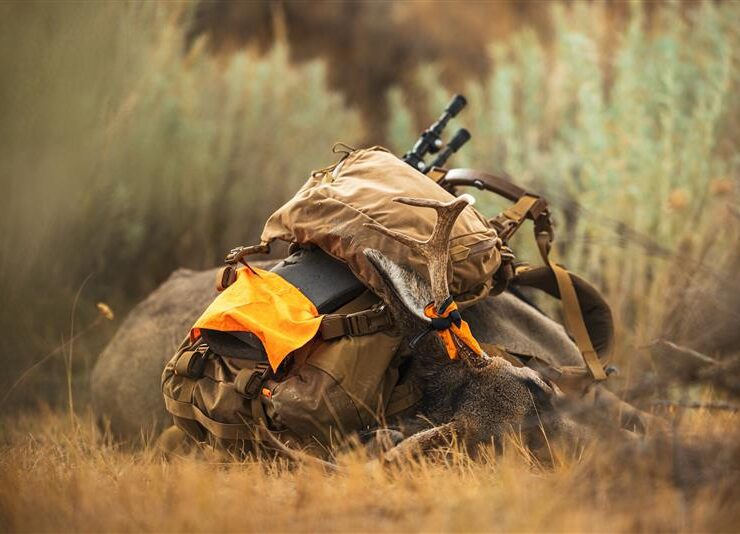
With tag draw results coming in across the West, odds are some of you are holding onto a hot tag and plotting your fall adventure. Whether it’s your first time chasing high country bucks or you’re a seasoned veteran heading back to your favorite canyon, the right gear can make all the difference between a successful, enjoyable hunt and a miserable slog. Lucky for you, you’ve landed in the right place; at the Mule Deer Foundation, we not only care about conserving the species we all love, but we also live this lifestyle 365 days a year.
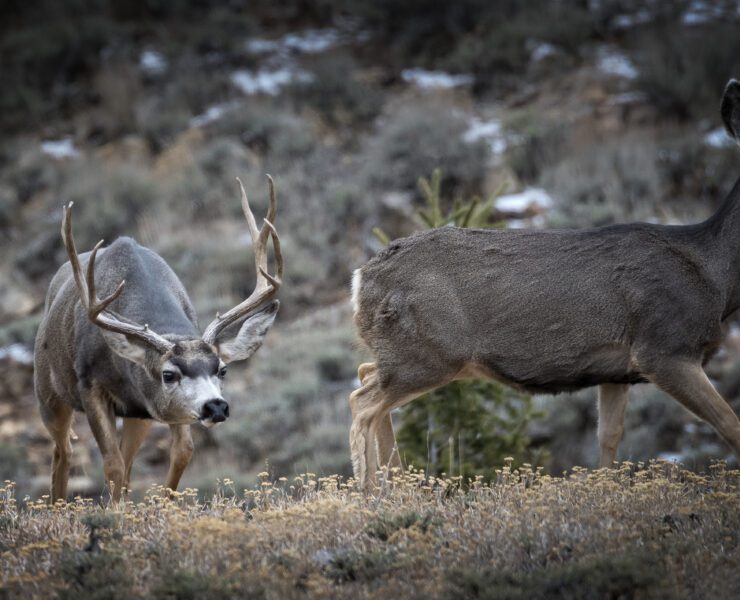
In 2024, the picture is complicated. In some places, there’s reason to be optimistic. States like Colorado, Wyoming, and Utah are seeing herds hold steady or even tick upward. Colorado’s herd alone is estimated at over 418,000 — a sign that habitat work, smart management, and a few well-timed wet years are starting to pay off.
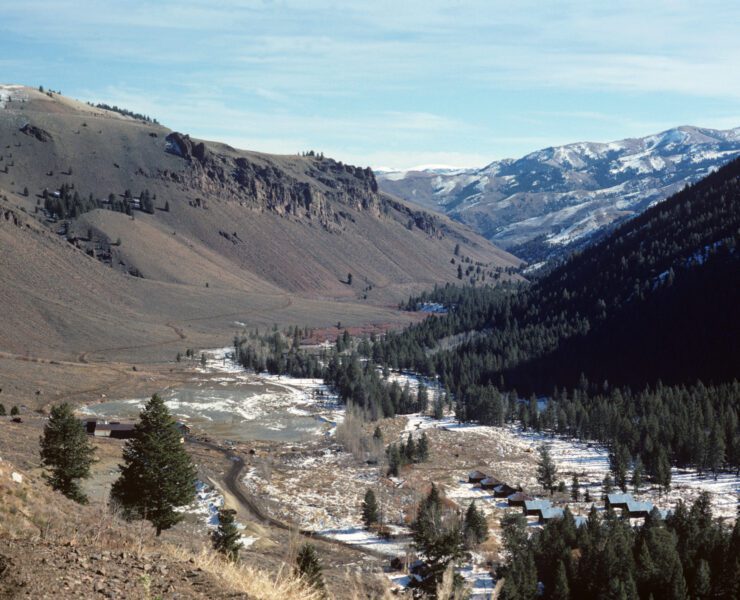
“The Mule Deer Foundation values America’s public lands, essential for our hunters’ access to pursue mule deer and black-tailed deer in the West. We are concerned about the Senate’s reconciliation bill provision mandating that potentially millions of acres would be sold or transferred, as it lacks transparency and public input. We urge a thoughtful, transparent process that safeguards our hunting heritage while addressing land management challenges.”

This recipe was years in the making. I visited Jordan in 2019, and one of the many highlights from my trip there was a falafel shop in Amman that sold the best falafel sandwiches I’d ever tried. It really put the falafel shops back home to shame. As I watched the talented man whipping up and frying dozens of falafel at a time, I thought to myself, falafel are good on their own, but wouldn’t they taste fantastic with meat?
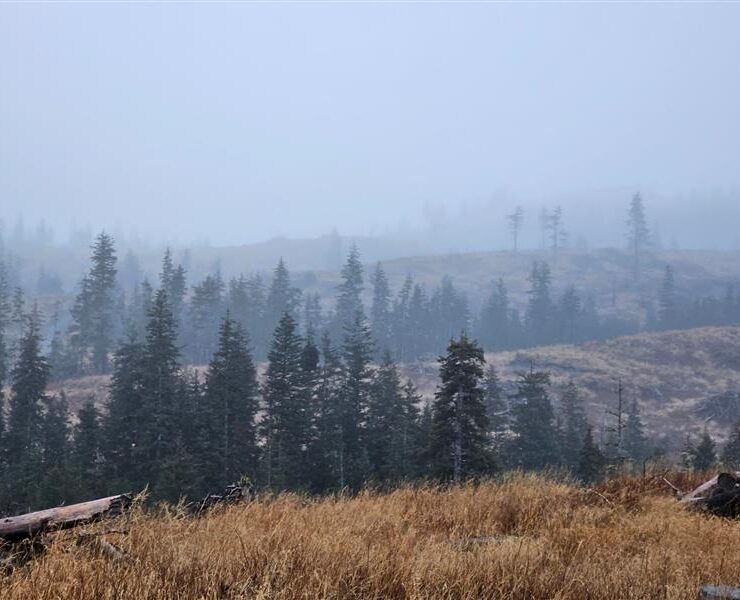
This encounter marked the first documented scientific description of the mule deer by Euro-American explorers. While Indigenous peoples across the American West had hunted and lived alongside mule deer for centuries, the Lewis and Clark journals provided the first written account of the species for the expanding field of American zoology. This documentation description would continue throughout the journey as more of these creatures were brought in, and Lewis would later start referring to them as mule deer. That’s how they came to be known by the name we know them by today.


